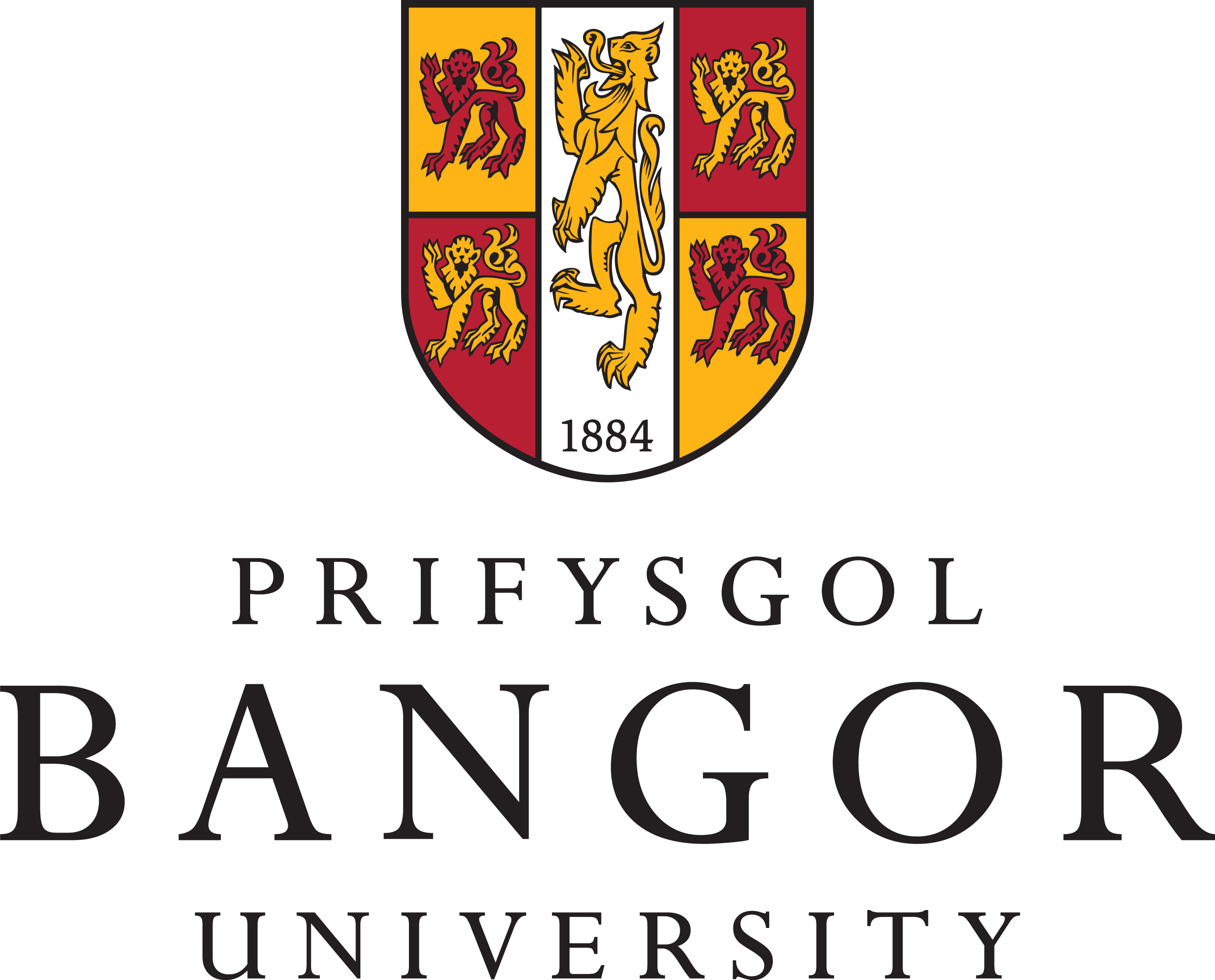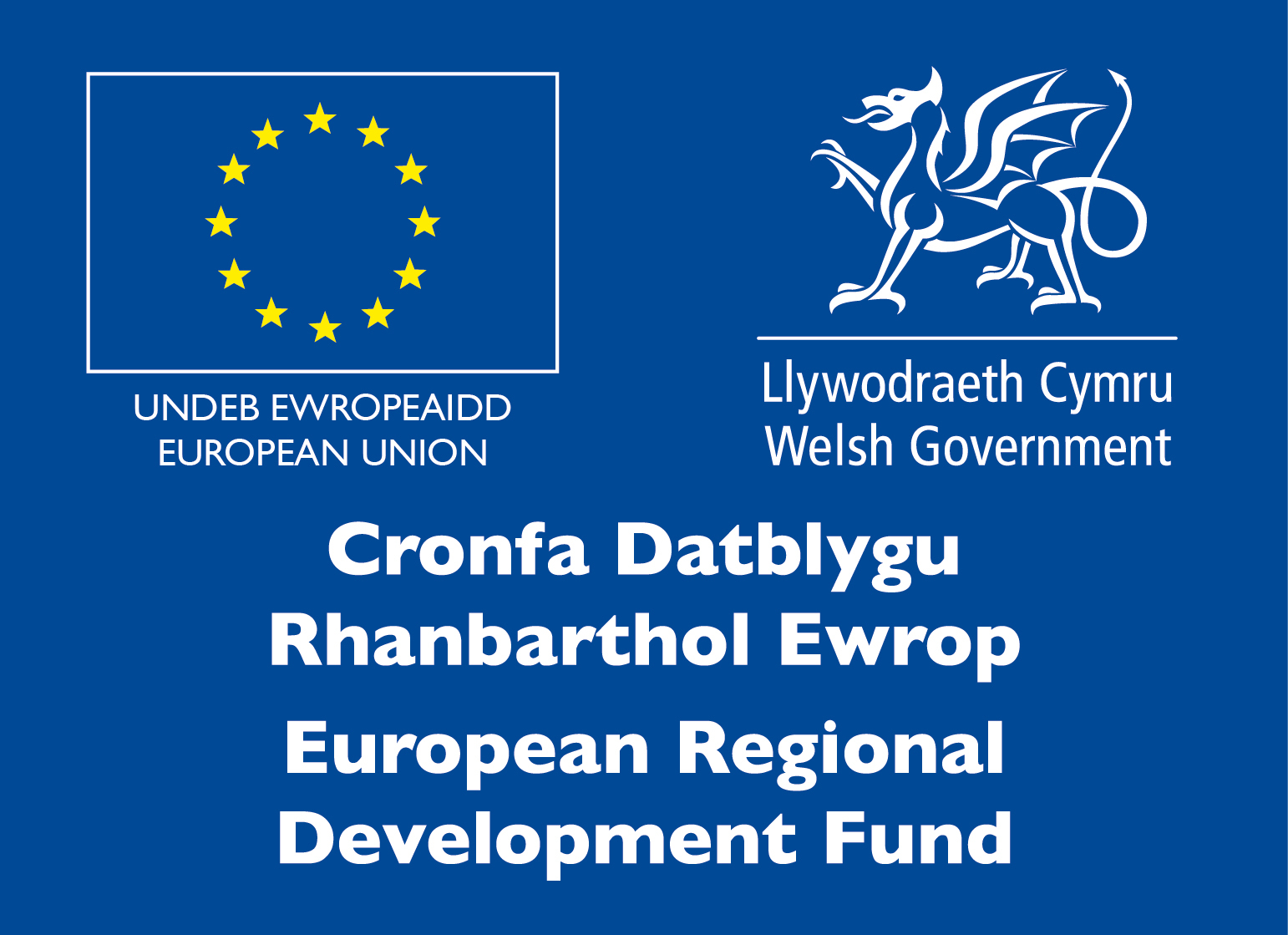Understanding the Fate and Behaviour of Microplastic and Viruses in Biosolids
The production of biosolids is a fundamental component of wastewater treatment and purification in the UK.
More than 3.5 million tonnes of biosolids are produced per year and over 80% of these are recycled back to agricultural land, where they act as a valuable fertiliser and soil conditioner. It has been estimated that they are worth over £25 million a year to farmers. Although there are strict regulations on the production and use of biosolids, the flows and fate of microplastics and viruses that may be present in treated biosolids are not routinely monitored. This collaboration between Bangor University, Dŵr Cymru Welsh Water and Scottish Water aims to measure the amount of microplastics and viruses passing through our wastewater treatment plants and how they disperse through the environment after application of biosolids to land. We will assess their effects on soil health, crop yield and ecosystem services and provide data to inform future research on potential effects on human health, should this be needed. The knowledge generated will be used to ensure that a balanced assessment can be made of the benefits and risks of using biosolids as a source of nutrients and soil improver within food production systems. This project will contribute to underpinning national policy and the call for improved resource use efficiencies, circular agriculture and the wider security of the UK food supply chain and environment for future generations.
Funding was provided by the Welsh Government European Regional Development Fund 2014-2020 SMARTExpertise Programme.



